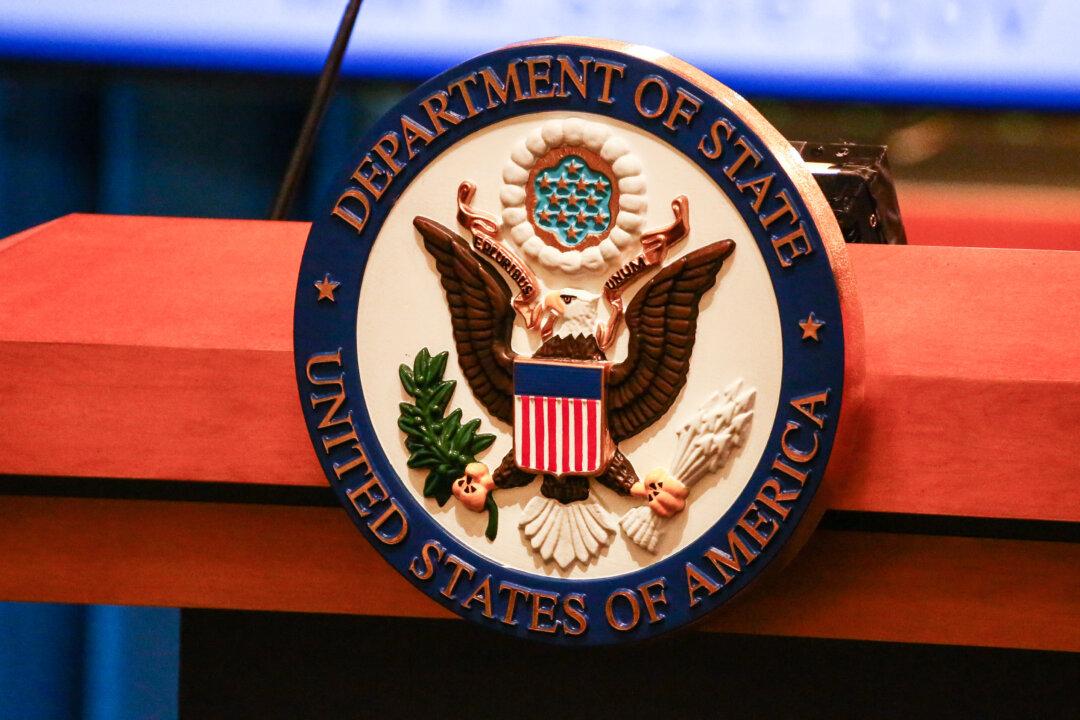U.S. adversaries such as Russia and China are propagating false information about the novel coronavirus outbreak amid a global public health crisis, according to a top State Department official tasked with countering foreign propaganda threats.
“The coronavirus is an example of where we’ve seen adversaries take advantage of a health crisis where people are terrified worldwide—to try to advance their priorities,” Lea Gabrielle, who leads the Global Engagement Center at the State Department, said during a Senate hearing on March 5.





